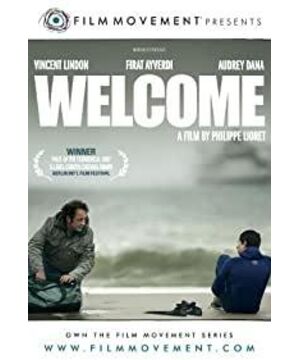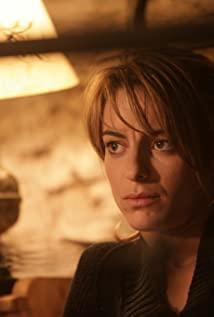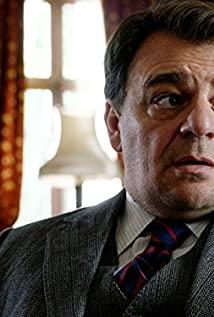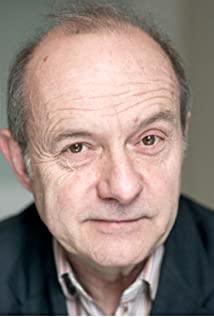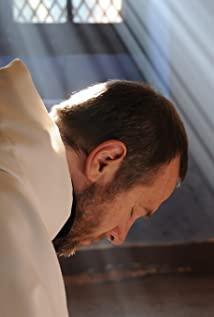cinephilia.net: ★★★★☆☆
The English Channel between Dover Island in the UK and the Strait of Calais in France has been conquered by hundreds of people so far, but this channel in the winter of 2009 is obviously not suitable for Swimming maniacs trying to break records. At this time, on the beach in the small town of Calais, Firat Ayverdi, a teenager from the Middle East, stared at the other side. It is already impossible for him to enter the country on the other side of the ocean by truck, ship or undersea tunnel, so perhaps only crossing this strait is the only feasible way. French director Philippe Lioret posits such a possibility in his film, Welcome, and raises a very pertinent real-world question for French immigration policy .
While other smuggling films focus on terrifying and exhausting displacements and monotonous itineraries (such as British director Michael Winterbottom's In This World (2003) )), and Philippe Riore focuses on the obstacles that come to the fore after a long and difficult journey. Since you can only cross, then learn to swim, so Barris met swimming coach Simon (Vincent Lindon). In the film, the residents of the French town of Galles, who are in a special position, are divided into two camps due to their different attitudes towards those illegal immigrants. Some people sympathize with and help those who have never lived before, while the other part holds an attitude of rejection and contempt. And Simon happens to be in a centrist role at the beginning of the film. But in the process of teaching Barris to swim, especially in the process of Barris's sincere and frank conversation, when he understood the reason why Barris was trying to smuggle to England, his position and attitude changed a lot. Here the director chose another representative of the camp, Simon's neighbor, as the opposite. There was a "welcome" mat on the doorstep of the neighbor's house, but he went to the police when he saw Simon helping Barris and his mates. So we understand that the original "welcome" has another meaning, that is: welcome, but that's it! The camera turns to a closed door in front of "Welcome", where the director makes a mockery of France's immigration policy in his own language.
"Welcome" is a film about appeal and interpretation, and the director's personal outrage at reality is so clearly and contagiously expressed through the narrative of the story and the tragedy at the end. The emotional development between Barris and Simon in the movie is the biggest highlight, and the chemistry between the two actors is really in place. Simon in the movie is a bit of a frustrated middle-aged man. The unfortunate marriage and the current mediocre life situation in the past have made him gradually understand Barris' wishes, especially his desire for love, and support him later. His motives are made clear by his words to his wife in the film: Barris wants to swim across the English Channel to meet the man he loves, and he doesn't even dare to walk down a street to try to win his wife's heart back.
Barris certainly has the opportunity to try to cross the English Channel in this cold winter, but the theme of the film is doomed to him from the beginning: we need to find a better way to solve the problem of illegal immigration in this country, and it is necessary. Because the tragedy of Barris, who was kind, sincere, loyal to love and even died, could have been avoided by better solutions. The director's plot arrangement allows a believable way to present this climax to the audience with his own political ideas. In a sense, "Welcome" is a bit like the work of British director Ken Loach, and the "Welcome" has indeed caused a wave of complaints from French politicians, especially the starring Vincent Linton. The words in the film about the government's sentence to up to five years in prison for those who help illegal immigrants. But a movie is a movie after all, not to mention that the illegal immigrants in real life are not as kind as the pure and sincere Barris in the movie, so although "Welcome" represents the dissatisfaction of some intellectuals in French society with the current illegal immigration policy , but in real life, there are more closed doors behind the word "welcome".
View more about Welcome reviews


